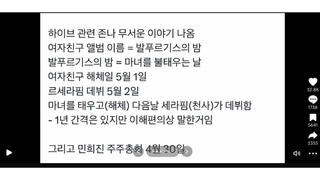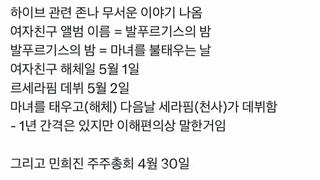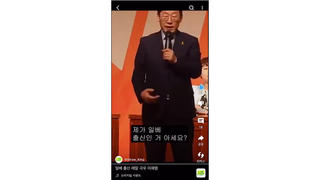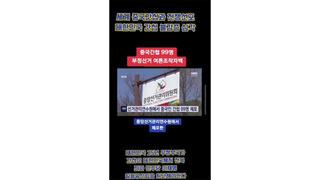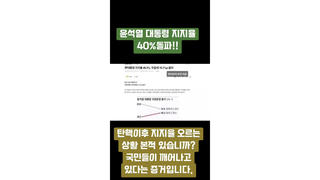
Has the National Cancer Institute (NCI) of the US confirmed that Korean garlic has a 56 times stronger anti-cancer effect than other garlic? No, this is not true: the US NCI has never confirmed that any kind of garlic can prevent or cure cancer.
The claim appeared in a TikTok video (archived here) which was published by @livinggenius (archived here) on January 18, 2024, under the title "미국이 깜짝 놀란 한국의 항암식품", translated from Korean into English by Lead Stories staff as: "Korean anti-cancer food that surprised the United States." It opened, translated from Korean by Lead Stories Staff:
In the process of the U.S National Cancer Institute's research on anti-cancer food around the world, there was a surprising result that drew attention.
This is what the post looked like on TikTok at the time of writing:

(Source: TikTok screenshot taken on Thu Jan 18 01:18:21 2024 UTC)
The video also stated, translated from Korean by Lead Stories Staff:
Garlic is generally known to contain many powerful anti-cancer components. In the case of Korean garlic, the researchers were surprised to find that it is 56 times more effective against cancer than other types of garlic.
However, the US National Cancer Institute never confirmed that any kind of garlic can prevent or cure cancer. The NCI cancer information portal (archived here) lists some dietary factors that may increase cancer rates of cancer, but as far as mitigating factors are concerned, no specific dietary element can be listed. The NCI states:
Studies of human populations have not yet shown definitively that any dietary component causes or protects against cancer
The claim in the TikTok video goes back to an experiment conducted by the Korea Food Research Institute (KRFI) (archived here), a South Korea's state-funded food research center. The results of the experiment do not appear on the center's website but were made available to the public in a KBS news report in 2002 (archived here). According to this report, in the experiment, the researchers applied garlic to cancer cells and observed how many cancer cells were killed. According to the results, the Korean garlic was "56 times more effective" because when applied to breast cancer cells, the Korean garlic killed a maximum of 56% of the cancer cells, while the imported garlic killed only 1% of the cancer cells.
Lead Stories Staff conducted a Google Scholar search (archived here) for the terms "국내산 마늘 항암효과 56배" ("domestic garlic has 56 times greater anti-cancer effect") on January 18, 2024. No result was found that mentioned the study of KRFI or confirmed the claim that Korean garlic was "56 times more effective" than imported garlic.


